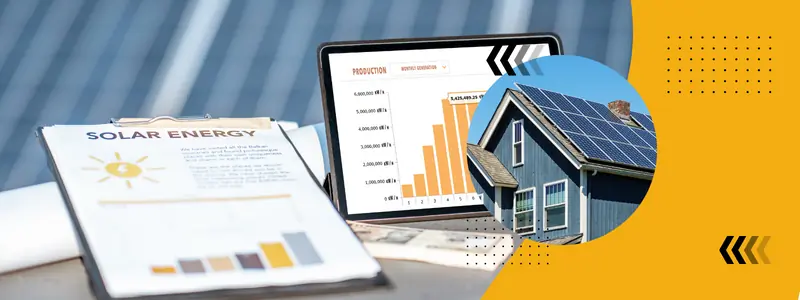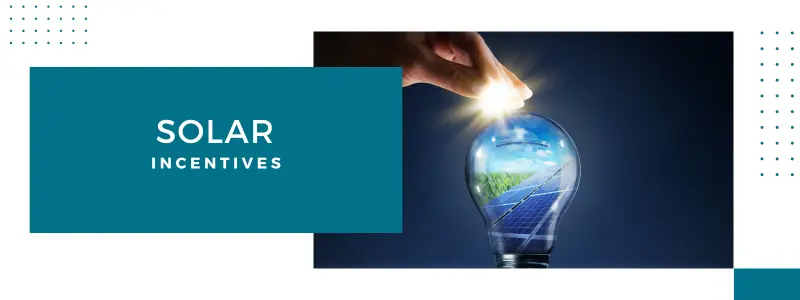Discover the Power of Solar Energy in Minnesota!
Welcome to Minnesota, a state celebrated for its thousands of lakes, rich natural landscapes, and a rapidly growing dedication to renewable energy. Despite its cold winters, Minnesota enjoys plentiful sunlight during the spring, summer, and fall, providing a substantial foundation for solar power generation. This untapped potential offers a compelling opportunity for homeowners and businesses alike to invest in clean, renewable energy, supporting the state?s environmental goals and its journey towards a sustainable future. Bolstered by enticing incentives aimed at reducing the initial costs of solar installations and a community ethos that deeply values the preservation of its natural beauty, Minnesota is poised for a significant shift towards solar energy. Learn how leveraging Minnesota?s solar resources can brighten your home, reduce your energy bills, and promote a healthier environment in the North Star State. Join us in embracing the sun?s endless power and moving towards a brighter, more sustainable future in Minnesota.
Explore Your Rooftop's Solar Potential
Discover how much solar energy your rooftop can generate. Enter your address below:




